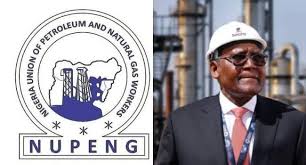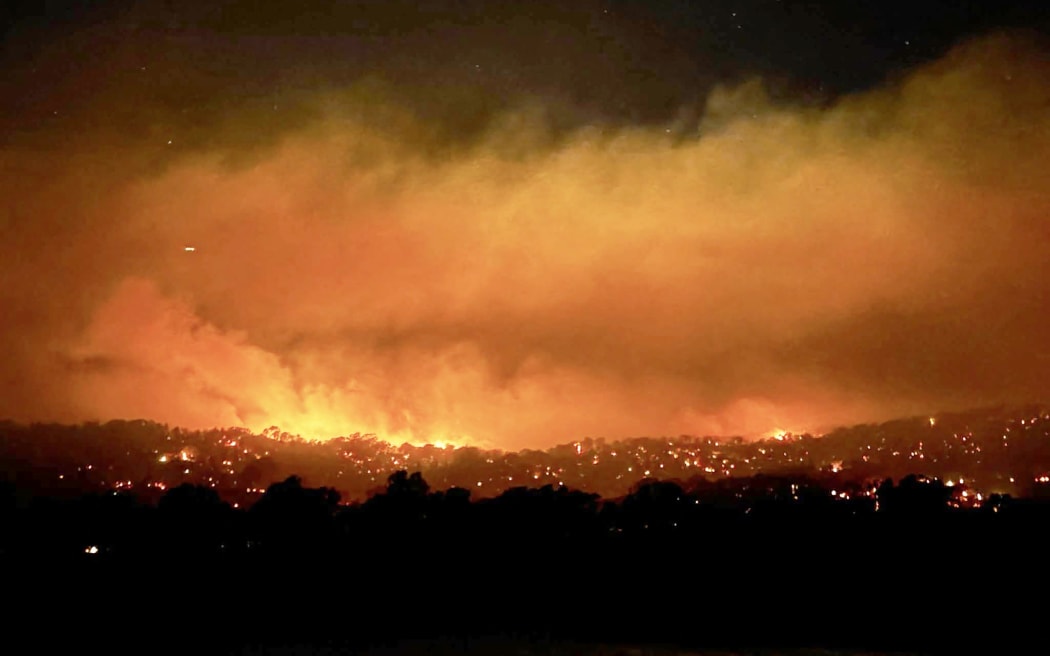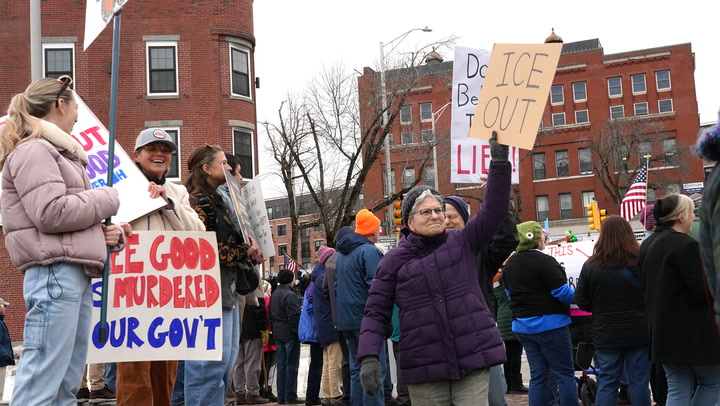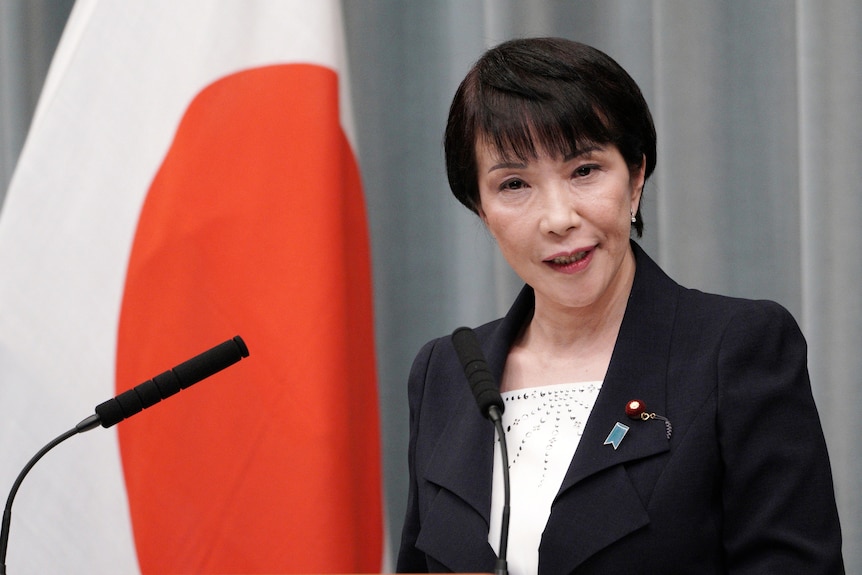Nigeria’s government is scrambling to avert a strike that could paralyze the nation’s fuel supply, appealing to the country’s petroleum workers’ union to stand down while officials seek a negotiated solution.
The Nigeria Union of Petroleum and Natural Gas Workers (NUPENG) has vowed to begin a nationwide strike on Monday, September 8, in protest against what it calls anti-union policies at the Dangote Group. The dispute centers on claims that drivers hauling compressed natural gas (CNG) for the company have been barred from joining industry unions.
Labour Minister Muhammad Maigari Dingyadi urged NUPENG to rescind its decision, warning that disruption in the sector would shake the core of Nigeria’s economy. In a statement issued through ministry spokesperson Patience Onuobia, he announced a conciliation meeting set for Monday. “Since I have intervened, I plead with NUPENG to rescind their decision to shut down the petroleum sector,” Dingyadi said.
The minister also appealed to the Nigeria Labour Congress (NLC), which issued a “red alert” to its affiliates, urging them to prepare for solidarity action. The NLC has thrown its weight behind NUPENG, framing the dispute as a test of workers’ constitutional right to organize.
Read Also: Google Hit with $3.45B EU Fine Over Ad Tech Practices
Not all drivers’ associations have aligned with the strike. The Petroleum Tanker Drivers (PTD) and the Direct Trucking Company Drivers Association (DTCDA) have distanced themselves from NUPENG’s plan. Still, the union’s leadership reaffirmed Sunday that the walkout would go ahead.
Human rights lawyer Femi Falana, SAN, publicly backed NUPENG, describing Dangote’s policy as a clear violation of Section 40 of Nigeria’s Constitution and multiple labour conventions. He cited the International Labour Organisation’s core conventions on freedom of association and collective bargaining, as well as the African Charter on Human and Peoples’ Rights, all ratified by Nigeria. “The policy is illegal under both domestic and international law,” Falana said.
The stakes are considerable. Petroleum remains Nigeria’s lifeblood, and even a short disruption could trigger fuel shortages, price spikes, and broader economic turbulence. The strike threat comes at a delicate moment, with the government under pressure to stabilize a fragile economy while showcasing the Dangote refinery as a symbol of industrial progress.
Whether Monday’s talks can bridge the gap remains to be seen. For now, Nigerians wait anxiously, aware that labour disputes in the oil sector rarely unfold quietly — and almost always leave ripples far beyond the refineries and trucking depots.










